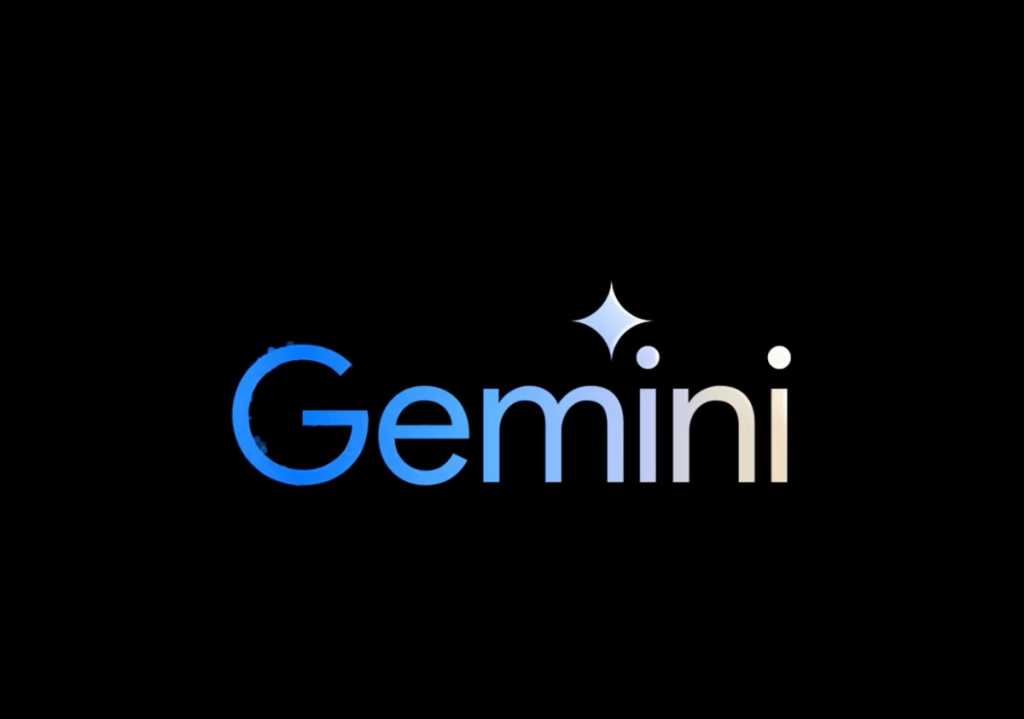Google Restricts Gemini AI to Prevent Election Misuse

Google has taken a significant step by placing restrictions on its Gemini AI to prevent it from answering certain election-related questions. This move, described as “out of an abundance of caution,” aims to ensure the AI doesn’t spread misinformation or influence elections improperly. In a year with major elections worldwide, responsible AI use is more crucial than ever.
The company has implemented these restrictions in the United States and India as part of a broader strategy to offer high-quality information during elections. This preventive measure echoes similar actions by other tech firms like OpenAI, emphasizing the importance of safeguarding electoral integrity in the age of generative AI. As AI becomes more integrated into our daily lives, its impact on such critical processes can’t be underestimated.
election restrictions on Gemini AI
Google has placed new restrictions on its Gemini AI, prohibiting it from answering certain election-related questions. This move is intended to ensure that the AI does not contribute to misinformation or influence elections improperly. The company describes these actions as taken “out of an abundance of caution” given the high stakes involved.
The decision to throttle the AI’s responses in the United States and India is part of Google’s broader strategy to adopt a responsible approach to generative AI. Providing high-quality information during elections is paramount, and Google is emphasizing its ongoing efforts to enhance its protective measures. The company stated, “We take our responsibility for providing high-quality information for these types of queries seriously, and are continuously working to improve our protections.”
AI’s Role in Upcoming Elections
The year 2024 is poised to be a big one for elections, with more than four billion people across 50 countries expected to vote. This scenario significantly increases the risk of AI being used to spread misleading information. Generative AI is relatively new to the general public, making its influence in elections a major concern for many.
Experts have raised alarms about the potential for generative AI to create convincing misinformation. This includes not just false text, but also deepfake images and videos, which can mislead voters. Such concerns are echoed by voters themselves, who are wary of AI’s role in shaping election outcomes. A survey by OnePoll highlighted that both Democrats and Republicans are anxious about AI-generated content affecting the elections.
According to the survey, a significant portion of the American electorate believes that AI will negatively impact this year’s elections. David Treece, vice president of solutions architecture at Yubico, said, “We found it interesting that over 78 percent of respondents are concerned about AI-generated content being used to impersonate a political candidate or create inauthentic content, with Democrats at 79 percent and Republicans at 80 percent.”
Broader Industry Trends
Google is not alone in its cautious approach to election-related AI content. Other tech companies are also imposing similar restrictions. OpenAI, the creator of ChatGPT, has already laid out its plans to prevent misuse of its AI technologies earlier this year. The company aims to curb the potential abuse of features like ChatGPT and Dall-E.
In January, OpenAI announced that it was coordinating efforts among various departments, including engineering, legal, policy, safety, and threat intelligence, to combat potential misuse of their tools during elections. They stated, “Our approach is to continue our platform safety work by elevating accurate voting information, enforcing measured policies, and improving transparency.”
This concerted effort highlights the widespread recognition of the potential dangers of AI technology in the electoral process. It’s a balancing act for these companies as they strive to harness the benefits of AI while minimizing its risks. Meanwhile, they are learning and adapting their strategies as they gain more insights into how their tools are being used.
Implications for Future Elections
The integration of AI into the electoral process introduces both opportunities and challenges. While AI can streamline various aspects of election management, it also poses serious risks, such as the dissemination of false information and deepfakes. These risks make the technology’s responsible use crucial.
In future elections, it will be important for both voters and regulatory bodies to stay informed about the capabilities and limitations of AI tools. This awareness can help them better understand how these technologies might impact election integrity. The actions taken by companies like Google and OpenAI are steps toward ensuring that AI serves as a tool for good rather than harm.
As the technology continues to evolve, so too will the methods for controlling its potential for misuse. Ongoing research and development efforts will be key to adapting to these new challenges. The ultimate goal is to foster an environment where AI can contribute positively without threatening democratic processes.
Public Concerns and Perceptions
Surveys and studies show a significant level of public concern about AI’s influence in elections. The OnePoll survey commissioned by Yubico and Defending Digital Campaigns revealed that nearly half of all respondents believed AI would negatively affect election results.
The survey findings indicate a bipartisan worry about the misuse of AI in politics. Both Democrats and Republicans expressed similar levels of concern, highlighting that this is not a partisan issue but a general apprehension shared across the political spectrum. This widespread anxiety underscores the need for robust safeguards and clear policies governing the use of AI in electoral contexts.
David Treece’s statement captures the essence of this concern: “Perhaps even more telling is that they believe AI will have a negative effect on this year’s election outcomes.” This sentiment reflects the broader unease about technological advancements outpacing our ability to regulate and manage them effectively.
Corporate Responsibility and Ethical Considerations
Tech companies have a responsibility to ensure that their innovations do not harm democratic processes. By placing restrictions on AI tools like Gemini, Google is taking a step towards fulfilling this duty. This move reflects an understanding that with great power comes great responsibility.
Other firms in the tech industry are also recognizing this ethical obligation. The collaborative efforts to enhance platform safety and transparency are indicative of a collective commitment to mitigate AI’s risks. These actions are essential in maintaining public trust and ensuring the integrity of democratic processes.
The ethical considerations surrounding AI use in elections are complex and multifaceted. Companies must navigate these challenges carefully, balancing innovation with the need for stringent safeguards. This balanced approach can help ensure that AI developments contribute to societal good without compromising the fundamental principles of democracy.
Looking Ahead
As we move towards future elections, the role of AI will undoubtedly continue to grow. It’s crucial that both technology developers and policymakers work together to create frameworks that support the ethical use of AI.
The proactive steps taken by companies like Google and OpenAI are just the beginning. Continuous vigilance, policy updates, and technological advancements will be necessary to keep up with the evolving landscape. This will help ensure that AI enhances rather than undermines the electoral process.
In summary, the restrictions placed on Gemini AI by Google highlight a significant and necessary step in the responsible use of technology. It sets a precedent for other tech companies to follow, emphasizing the importance of ethical considerations and robust safeguards in the age of AI.
Google’s decision to limit Gemini AI’s responses on election-related queries highlights a crucial shift towards ethical AI use. This proactive step aims to safeguard electoral integrity by curbing misinformation. As AI technologies evolve, ensuring their responsible application becomes increasingly important. The collaboration among tech companies to enhance platform safety and transparency reflects a collective effort to protect democratic processes. Moving forward, continuous vigilance and policy updates will be essential to navigate the challenges posed by AI in elections.
In summary, the actions taken by Google and similar companies underscore the necessity of balancing innovation with ethical considerations. These measures set a precedent, emphasizing the importance of robust safeguards in the era of advanced AI. The ultimate goal is to foster a technological landscape that supports, rather than undermines, democratic values.





